“What can those of us who work in, and maybe even love, computing cultures do about computing’s colonial expansions?” Sareeta Amrute’s keynote address “Tech Colonialism Today” opened EPIC2019 in a provocative,...
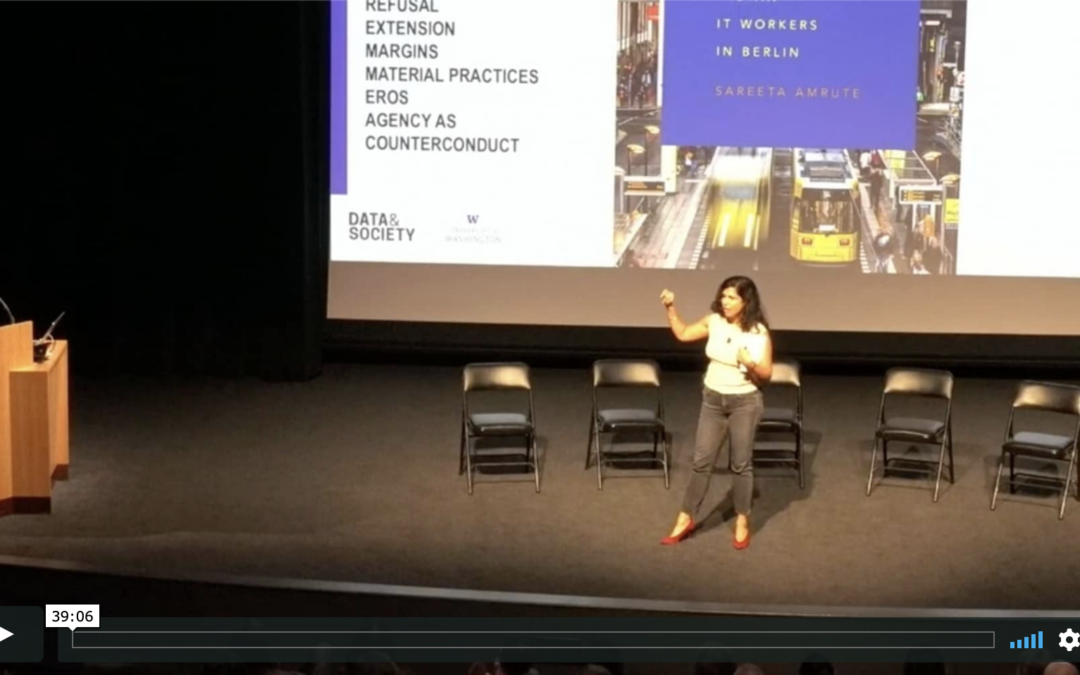

“What can those of us who work in, and maybe even love, computing cultures do about computing’s colonial expansions?” Sareeta Amrute’s keynote address “Tech Colonialism Today” opened EPIC2019 in a provocative,...
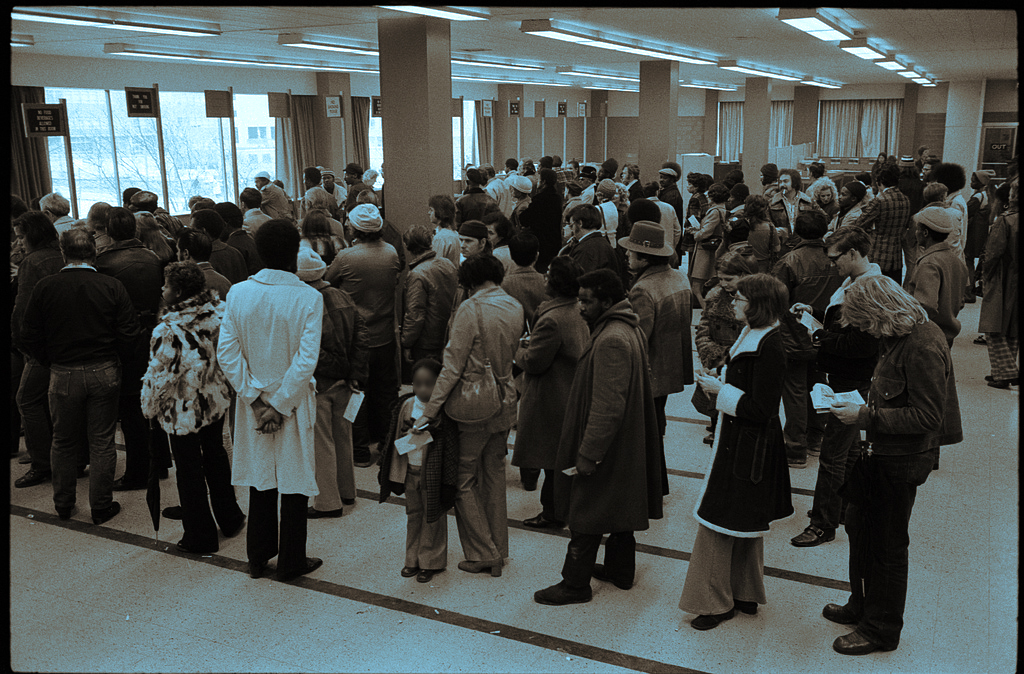
Automating Inequality: How High-Tech Tools Profile, Police, and Punish the PoorVirginia Eubanks2018, 272 pp, St. Martin's Press What if we thought differently about how to integrate human and machine agencies? As I sat down in to write this review of Virginia Eubanks’ latest book, Automating...
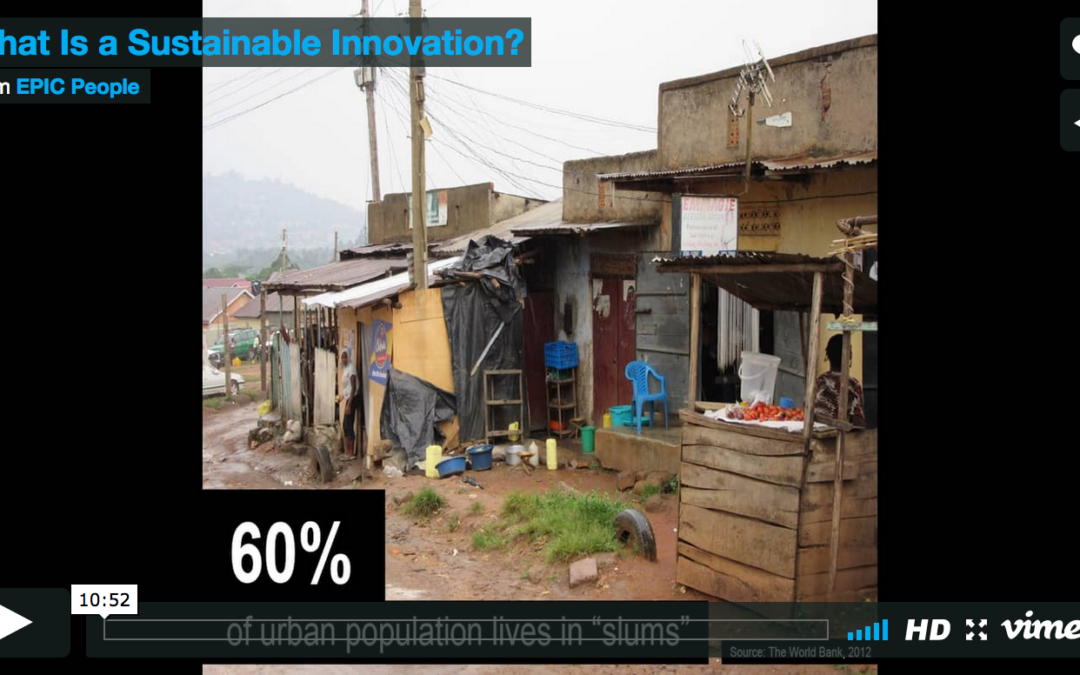
This paper investigates how a close understanding of human activity can inform the design of culturally and contextually sustainable innovations for subsistence markets. Building on existing literature related to poverty alleviation initiatives and an ethnographic field study, this project...

For several decades ‘Emerging’ has been a staple prefix applied to such entities as markets, nations, democracies, cultures, and business opportunities. The term has been used to label virtually anything about “less-developed” Others deemed “new” to the world of market-led consumption, especially...
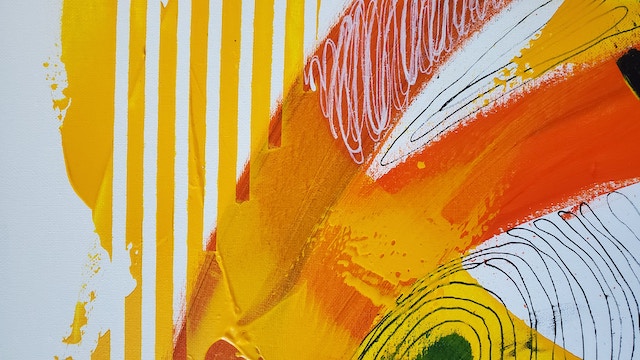
With more than five billion people, large corporations have expressed non-trivial interest in “emerging markets” as potential future sources of revenue. We in this community of ethnographic praxis, are privileged to move with some ease between corporate board rooms and people’s living rooms around...

This paper is an ethnographic exploration of on-line practices of teens in a slum in Hyderabad, India. It is also an attempt to develop concepts for building a novel user model in unique socio-technical ecology. We examine how teenagers relate to the internet, develop expertise, and engage...

Overview To do ethical, equitable work in any domain, we need robust tools for assessing and addressing power. Whether we’re creating products, services, or policies, inequities can create direct and indirect...
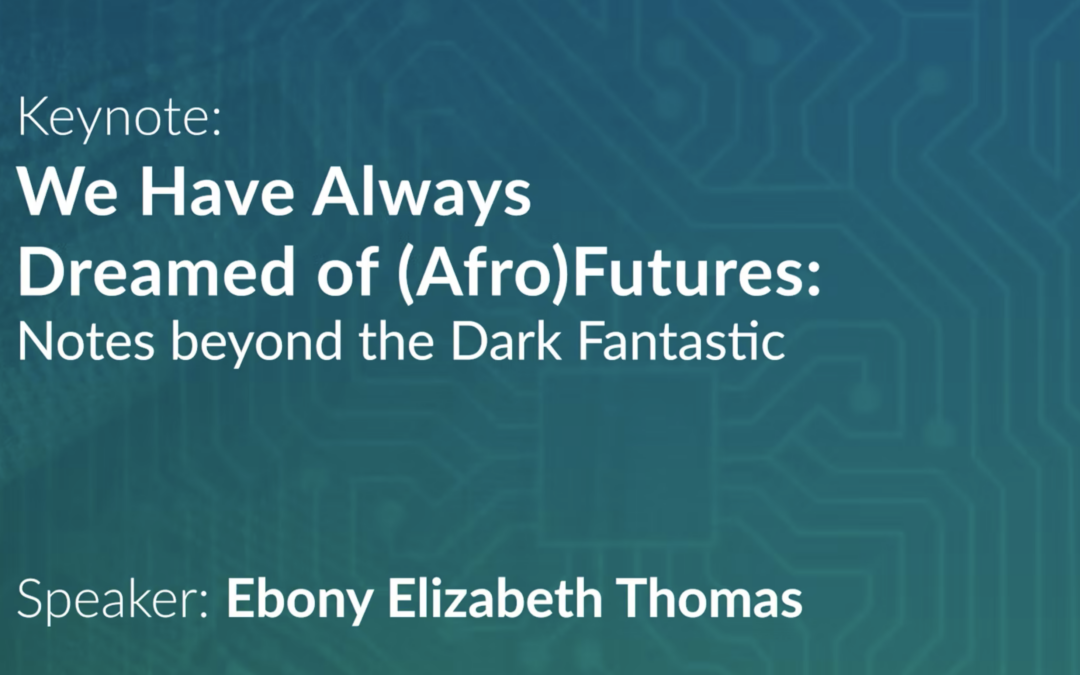
Ebony Elizabeth Thomas is Associate Professor in Educational Studies at the University of Michigan. She studies how people of color are portrayed, or not portrayed, in children’s and young adult literature, and how those portrayals shape our culture. As children’s and young adult literary empires...
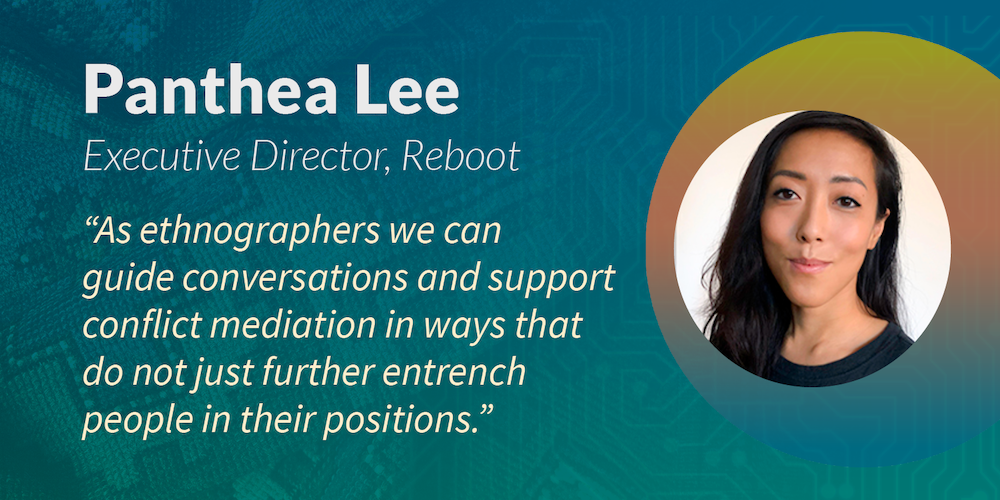
"As ethnographers we can guide conversations and support conflict mediation in ways that do not just further entrench people in their positions." —Panthea Lee In August 2021, we connected with EPIC2021 keynote speaker Panthea Lee—strategist, organizer, designer, and facilitator, and Executive...
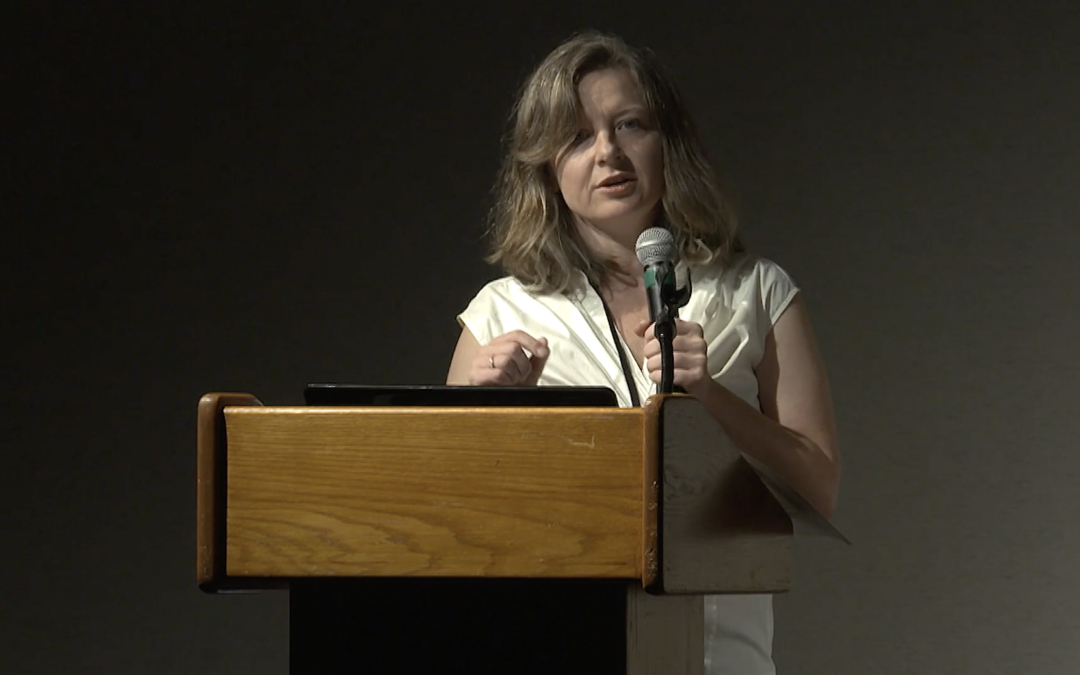
We chose Evidence as the EPIC2018 theme in part to explore this question of why some things constitute evidence and not others. There are lots of factors we could point to, but since I’m standing next to a data scientist the first one I’ll talk about is digitization. Digitization changes how...